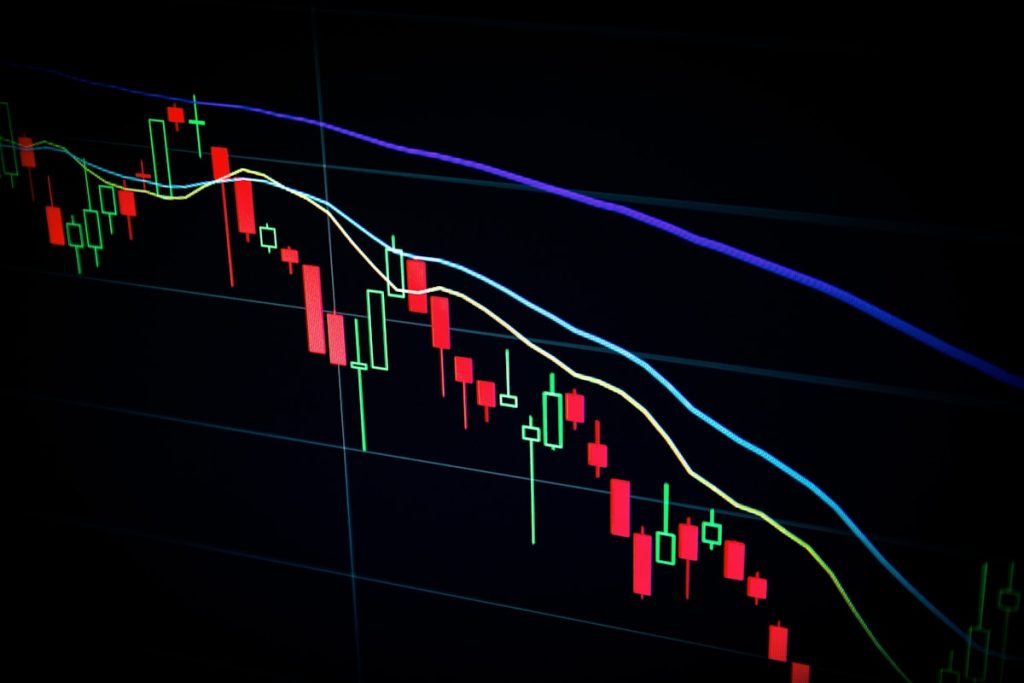World Shares Mixed Ahead of Trump-Zelenskyy Meeting: Investor Implications
Global stock markets displayed mixed trends on Thursday as investors braced for a high-profile meeting between former U.S. President Donald Trump and Ukrainian President Volodymyr Zelenskyy. The event has heightened geopolitical uncertainty, with markets weighing potential shifts in U.S. foreign policy and its ripple effects on global trade, defense, and energy sectors.
Geopolitical Context and Market Sentiment
The upcoming discussion between Trump and Zelenskyy has reignited debates over U.S. support for Ukraine amid its ongoing conflict with Russia. Trump’s prior skepticism about foreign aid and NATO commitments has left investors cautious. Analysts suggest the meeting could signal potential changes in U.S. stance on military aid, sanctions against Russia, or energy partnerships, all of which have direct implications for global markets.
Regional Market Reactions
- U.S. Markets: S&P 500 futures edged lower as tech and defense stocks diverged. Companies like Lockheed Martin saw modest gains on hopes of increased defense spending.
- Europe: The STOXX 600 fluctuated, with energy stocks declining due to concerns over potential disruptions in Russian gas transit via Ukraine.
- Asia: Markets closed unevenly; Japan’s Nikkei rose 0.4% on a weaker yen, while Hong Kong’s Hang Seng dropped 1.2% amid risk aversion.
Sector-Specific Impacts
Key sectors in focus include:
- Defense: Anticipation of prolonged conflict or escalated U.S. involvement could boost defense contractors.
- Energy: Oil prices dipped as traders weighed risks to European gas supplies and OPEC+ production policies.
- Agriculture: Ukraine’s grain exports remain critical; any talks on Black Sea shipping routes could affect wheat futures.
Investor Strategies Amid Uncertainty
With volatility expected, investors are adopting defensive positions. Safe-haven assets like gold and the Swiss Franc saw inflows, while emerging-market equities faced selling pressure. Currency markets also reacted, with the euro dipping 0.3% against the dollar. Analysts recommend:
- Diversifying across geopolitical risk-resistant sectors (e.g., utilities, consumer staples).
- Monitoring U.S. election polls for clues on long-term policy shifts.
- Hedging exposure to Eastern European equities and Russian commodities.
Looking Ahead
The Trump-Zelenskyy meeting underscores how geopolitical events increasingly drive market sentiment. While immediate reactions may be muted, the outcome could shape fiscal policies, trade alliances, and commodity flows for months. Investors should remain agile, prioritizing data-driven decisions over speculative bets as the situation evolves.



